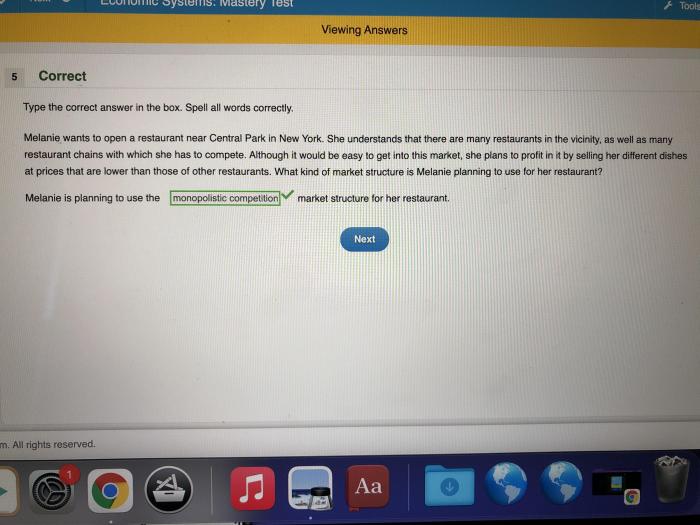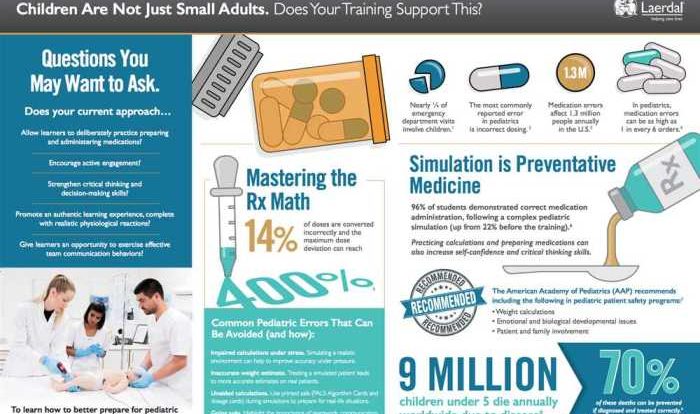Melanie wants to enroll in a dsnp – Melanie’s quest to enroll in a Dual Special Needs Plan (DSNP) embarks on an exploration of healthcare options for individuals with unique needs. This discourse delves into the intricacies of DSNPs, unraveling their eligibility criteria, services, and potential benefits for Melanie’s well-being.
Melanie’s health and financial circumstances, coupled with her aspirations for improved care, serve as the catalyst for considering a DSNP. However, this journey may not be without its challenges. This comprehensive analysis examines the potential barriers Melanie may encounter and provides a roadmap for navigating the enrollment process.
Understanding DSNPs
Dual Special Needs Plans (DSNPs) are health insurance plans designed specifically for individuals who are dually eligible for Medicare and Medicaid. These plans provide comprehensive coverage for medical, behavioral health, and long-term care services.
To be eligible for a DSNP, individuals must be enrolled in both Medicare Part A and Part B, and they must meet certain income and asset limits. Individuals with disabilities or chronic conditions may also qualify for DSNP coverage.
DSNPs cover a wide range of services, including:
- Doctor visits
- Hospital stays
- Prescription drugs
- Mental health and substance abuse treatment
- Long-term care services, such as nursing home care and home health care
Melanie’s Situation: Melanie Wants To Enroll In A Dsnp
Melanie is a 65-year-old woman who has been living with diabetes for the past 20 years. She also has a history of depression and anxiety. Melanie is currently enrolled in Medicare and Medicaid, but she is struggling to afford her out-of-pocket costs for her medications and doctor visits.
Melanie is considering enrolling in a DSNP because she believes it could help her to save money on her healthcare costs and improve her access to care. However, she is concerned about whether she will be able to qualify for a DSNP and whether the coverage will meet her needs.
Benefits of DSNPs for Melanie

Enrolling in a DSNP could provide Melanie with a number of benefits, including:
- Lower out-of-pocket costs for her healthcare expenses
- Improved access to care, including mental health and substance abuse treatment
- A care coordinator who can help her to manage her care and navigate the healthcare system
- Transportation to and from doctor’s appointments
- Home-delivered meals
DSNPs can also help to improve Melanie’s quality of life by providing her with access to the services and support she needs to manage her health conditions and live independently.
Steps for Enrolling in a DSNP
To enroll in a DSNP, Melanie will need to:
- Contact her local Medicaid office
- Complete an application
- Provide proof of her income and assets
- Attend a screening to determine her eligibility
Once Melanie is approved for a DSNP, she will be able to choose a plan that meets her needs. She will have a care coordinator who can help her to manage her care and navigate the healthcare system.
Alternative Options

If Melanie is unable to enroll in a DSNP, there are a number of other options available to her.
She may be able to qualify for a Medicare Savings Program, which can help to reduce her out-of-pocket costs for Medicare premiums, deductibles, and copayments.
She may also be able to qualify for Medicaid home and community-based services, which can provide her with assistance with activities of daily living, such as bathing, dressing, and eating.
Finally, she may be able to find financial assistance from local charities or community organizations.
FAQ Guide
What is the eligibility criteria for enrolling in a DSNP?
To be eligible for a DSNP, individuals must meet certain criteria, including being enrolled in both Medicare Parts A and B, having a qualifying disability, and residing in a state where DSNPs are offered.
What services are typically covered by DSNPs?
DSNPs provide a comprehensive range of services tailored to the needs of individuals with disabilities, including medical care, behavioral health services, long-term care, and prescription drug coverage.
How can a DSNP benefit Melanie’s quality of life?
By providing coordinated and specialized care, DSNPs can help Melanie manage her health conditions more effectively, reduce hospitalizations, and improve her overall well-being.
